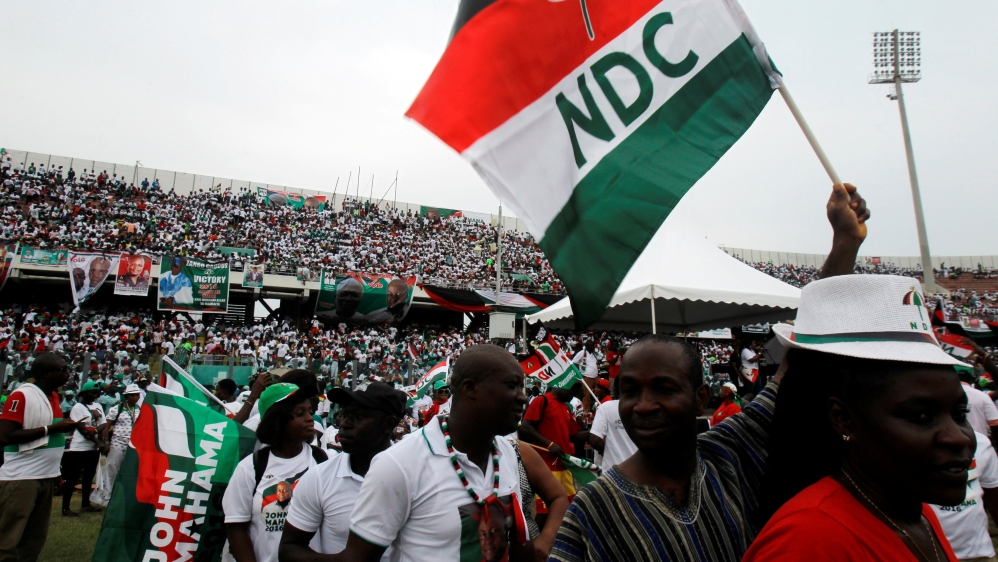Ghana’s seventh Eurobond sale ended yesterday, after attracting bids from international investors that were five times more than the amount the country asked for, two sources among the government’s 2020 Eurobond Issuance Team have told the Daily Graphic. Consequently, the country successfully raised $3 billion from global investors through a three-tranche Eurobond sale after the close of a roadshow in London in the United Kingdom.
As of the time of going to press about 5 p.m. Tuesday, investors had offered to lend the country $15 billion in total, the sources said. In separate interactions, the sources said the government Eurobond roadshow delegation, led by the Finance Minister, Mr Ken Ofori-Atta, accepted $3 billion out of the amount offered, in line with the amount approved in this year’s budget. Both sources were not authorised to speak on the outcome of the transaction, although they had been part of the Eurobond roadshow that set out in early December last year, with stopovers in Boston and New York in the United States of America (USA) before ending in London. The Finance Minister had said in the 2020 Budget that of the $3 billion raised, the government would use $2 billion to support the implementation of this year’s budget and the remainder for domestic debt liability management. Pricing The Daily Graphic gathered from the sources that the government issued three separate bonds, with maturity periods of six years, 14 years and 40 years. As of the time of going to press, the six-year bond had been priced at 6.375 per cent, while the 14-year and the 40-year bonds were issued at eight per cent and 8.875 per cent, respectively. The 40-year bond now becomes the country’s longest dated debt instrument, after the 31-year bond which was issued last year at a coupon rate of 8.95 per cent. Strong appetite A financial analyst, Mr Jacob Brobbey, told the Daily Graphic that the oversubscription was “an indicator that there is investor appetite for Ghana debt”. “Investors will typically have strong interest if they weigh the medium-to-long-term risks of a bond issuer as positive,” Mr Brobbey, who is the Head of Trading at Barclays Bank Ghana, said in an interview. He pointed to the recent rating of the country’s economy by the rating agency, Moody’s, which revised the outlook for Ghana from ‘stable’ to ‘positive’ as one evidence that global confidence in the economy had risen. On the pricing, he said the bonds were sold within their price guidance, which was issued prior to the subscription by investors. Partner institutions The government delegation comprised the Finance Minister, one of his deputies, Mr Charles Adu Boahene, and the Governor of the Bank of Ghana, Dr Ernest Addison. The transaction was executed by a group of institutions selected by the Ministry of Finance. They included BofA Securities, J.P. Morgan, Morgan Stanley, Standard Bank and Standard Chartered Bank, who were the lead arrangers, and Databank Brokerage, IC Securities, Fidelity Bank Ghana Limited, GCB Bank Limited and Strategic African Securities, which were the dealers. Source: Daily Graphic | Ghana]]>Recent Posts
- Ghanaian sports journalist Naa Shika Stargurl shines on global stage
- Central Regional Minister to go to Court over her dismissal from NPP?
- NPP accuses NDC of lawlessness, demands urgent re-collation by EC in disputed constituencies
- Anytime there’s vigilance, NDC wins – Malik Basintale
- Akufo-Addo statue in Takoradi suffers partial damage amid controversy
- Current financial year proving challenging for COCOBOD – IMF
- Agona West NPP expels Regional Minister, 282 others for anti-party activities
- Cholera outbreak in Western region claims 14 lives, over 800 cases recorded
Popular Stories
-
Agona West NPP expels Regional Minister, 282 others for anti-party activities
-
Central Regional Minister to go to Court over her dismissal from NPP?
-
Akufo-Addo statue in Takoradi suffers partial damage amid controversy
-
Ghanaian sports journalist Naa Shika Stargurl shines on global stage
-
Current financial year proving challenging for COCOBOD – IMF

ABOUT US
Newstitbits.com is a 21st Century journalism providing the needed independent, credible, fair and reliable alternative in comprehensive news delivering that promotes knowledge, political stability and economic prosperity.
Contact us: [email protected]
@2023 – Newstitbits.com. All Rights Reserved.















